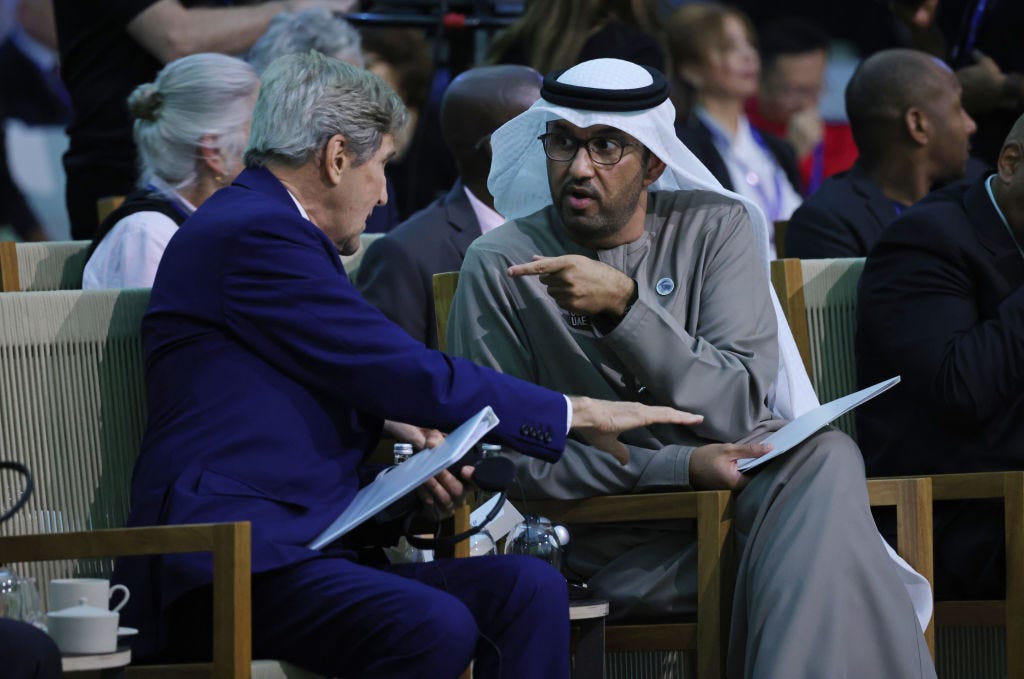Top climatologists slam Sultan Al Jaber's "no science" claim on fossil fuel phaseout
“There is no scenario to limit warming to 1.5°C that does not include the rapid phase out of fossil fuels.”

Will world leaders agree to phase out fossil fuels at COP28, this year’s U.N. climate summit in Dubai?
It depends, in part, on whether they believe it is wise, prudent, and scientifically necessary to do so.
This is why the fossil fuel indu…


